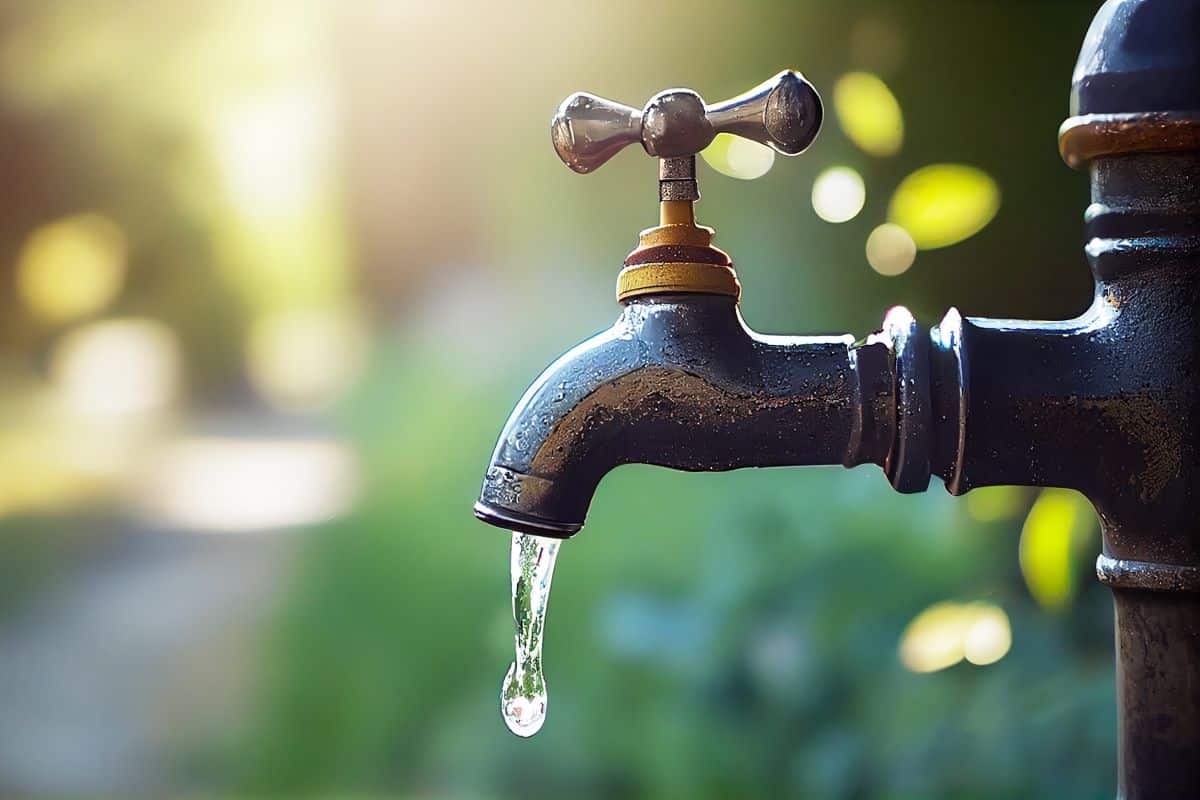
Ever wondered how much water we could save with just a few simple changes to our daily routine? Water Saving Week aims to do just that – enlighten us on the small yet impactful ways we can conserve water. From May 27th to May 31st, this week is dedicated to raising awareness about the importance of water conservation in our lives and the environment. With water being such a vital resource, yet so often taken for granted, this week serves as a timely reminder of the role each of us plays in safeguarding this precious commodity. Ready to make a splash in saving water? Let's dive into the world of water conservation and discover how small shifts can lead to significant savings.
Key Takeaways:
- Water Saving Week is a yearly event to teach people about conserving water. By fixing leaks, using water-efficient appliances, and spreading the word, everyone can help protect this vital resource.
- Participating in Water Saving Week can lead to environmental benefits, lower water bills, and more stable water supplies for communities. Challenges like old infrastructure can be overcome with education and innovative technologies.
What is Water Saving Week?
Water Saving Week is an annual event aimed at raising awareness about the importance of conserving water. It encourages individuals, communities, and businesses to take action and make changes to reduce water usage and protect this vital resource. During the last week of May, from the 27th to the 31st, participants engage in various activities and learn about sustainable water practices.
Why Save Water?
Saving water is crucial for several reasons. Firstly, water is a finite resource, and with the growing global population, demand continues to rise. Efficient water use helps to ensure that we have enough for everyone, including future generations. Additionally, reducing water usage can lead to significant savings on utility bills and helps in the fight against climate change by reducing energy consumption associated with treating and pumping water.
How Can You Participate?
-
Fix leaks: A dripping faucet can waste a lot of water over time. Checking for and repairing any leaks in your home is a simple yet effective way to conserve water.
-
Shorten showers: Cutting down your shower time by just a few minutes can save gallons of water. Try setting a timer to keep your showers brief.
-
Use water-efficient appliances: When it's time to replace household appliances, opt for those that are designed to use less water. This includes washing machines, dishwashers, and low-flow showerheads and toilets.
-
Collect rainwater: Installing a rain barrel is a great way to collect and reuse water for gardening and other outdoor uses.
-
Water plants wisely: Watering your garden in the early morning or late evening reduces evaporation. Also, consider drought-resistant plants that require less water.
-
Spread the word: Sharing tips and information about water conservation with friends, family, and on social media can amplify the impact of Water Saving Week.
Benefits of Participating
-
Environmental impact: Conserving water helps to preserve our ecosystems and reduces the energy needed to process and deliver water, which in turn lowers greenhouse gas emissions.
-
Economic benefits: Using water more efficiently can lead to lower water bills and reduced need for costly water treatment and delivery infrastructure.
-
Community resilience: Communities that prioritize water conservation are better prepared for droughts and water shortages, ensuring a more stable water supply for all residents.
Challenges and Solutions
While the goal of Water Saving Week is clear, participants may face challenges such as old infrastructure, lack of awareness, or resistance to change. Solutions include community education programs, incentives for using water-efficient appliances, and government policies that support water conservation efforts.
- Innovative technologies: Advances in technology offer new ways to save water, such as smart irrigation systems that adjust watering based on weather conditions and soil moisture sensors.
A Fresh Perspective on Water Conservation
Water Saving Week isn't just another event on the calendar; it's a crucial reminder of our role in safeguarding our planet's most precious resource. By adopting even a few of the tips shared, each of us can make a significant impact. Simple actions like fixing leaks, opting for shorter showers, and choosing water-efficient appliances contribute to a larger, collective effort to conserve water. Let's carry the lessons learned beyond this week, integrating them into our daily routines. Together, we can ensure a sustainable water future for generations to come. Remember, every drop counts, and your actions, no matter how small, play a part in the global water conservation movement. Let's not wait for the next Water Saving Week to make a change; the time to act is now.
Frequently Asked Questions
Was this page helpful?
Our commitment to delivering trustworthy and engaging content is at the heart of what we do. Each fact on our site is contributed by real users like you, bringing a wealth of diverse insights and information. To ensure the highest standards of accuracy and reliability, our dedicated editors meticulously review each submission. This process guarantees that the facts we share are not only fascinating but also credible. Trust in our commitment to quality and authenticity as you explore and learn with us.
